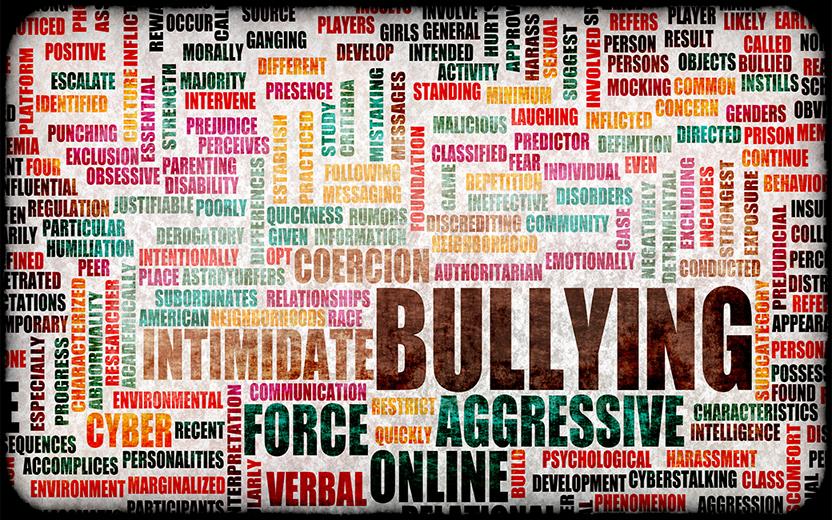Many faculty, staff, and students go through their whole career without experiencing incidents of online harassment, but the rapidly developing social media climate has expanded opportunities for both the number and form of attacks. These experiences can be professionally disruptive and personally difficult, raising feelings of fear, anxiety, and isolation. The university, however, is able to offer support and resources to those who experience online harassment.
Common examples of online harassment include:
- Trolling: when individuals deliberately follow and provoke others online, often with offensive content. While some trolling is merely a nuisance, it can escalate to threats or to the point where numerous individuals are engaged in harassing the target and/or target’s organization.
- Doxxing: when private identifying information that is not otherwise publicly available is published online. This information can include sharing an individual’s private email, personal phone number, home address, etc. on various platforms to frighten the individual and encourage additional harassment. Sometimes spelled “doxing” or “d0xing,” it is online slang for “dropping docs” on someone.
- Cyberbullying: when willful and repeated harm is inflicted through using computers, cell phones, online platforms (e.g., social media), and other electronic devices.
Take steps to prevent online harassment with technology services, and protect personal details from online harassment. If you witness or experience online harassment among faculty, students, or staff, please reference university resources and report the incident. The university also offers support for victims of online harassment.
Cornell University Policy
Cornell University's Core Values bind us as a community with shared rights and responsibilities. Cornell community members are responsible for compliance with university policies including, but not limited to, the Interim Expressive Activity Policy, University Policy 6.4, Prohibited Bias, Discrimination, Harassment, and Sexual and Related Misconduct, ethical standards and conduct policies, and technology use policies. Cornell community members should respect others’ rights to keep their personal information private, as outlined in the University Policy 4.24, Interim Anti-Doxxing Policy.
Cornellians should remember that they speak for themselves only and are responsible for their own speech. Accordingly, it is important to proactively distinguish an individual’s personal speech from their affiliation with the university. Only an authorized university spokesperson acting within the scope of their duties can speak on behalf of the university.
Social media is a form of mass communication in the public domain. Users of social media should expect that any posts may be seen by the general public.
Even for personal posts on a private account, users should understand that personal content can be captured as a screenshot and shared publicly by another user.
Users are personally responsible for their own conduct when using social media for personal purposes and should not post any content that is discriminatory, threatening, or unlawful.
The university strongly encourages civil and rational discussions on social media. All comments on university platforms are subject to the terms of use and codes of conduct for social networks in University Policy 4.16, University Social Media Accounts.


Comments?
To share feedback about this page or request support, log in with your NetID